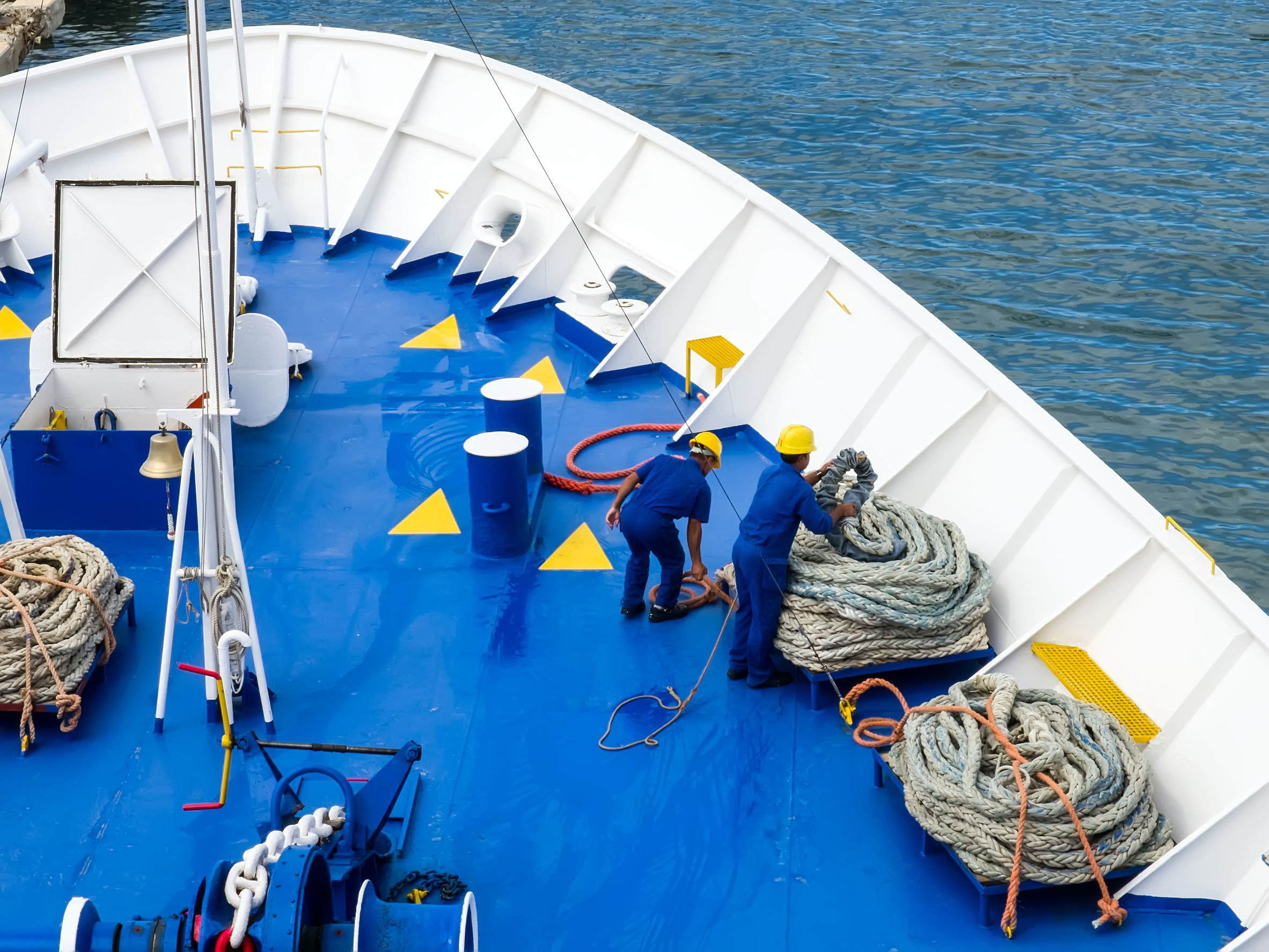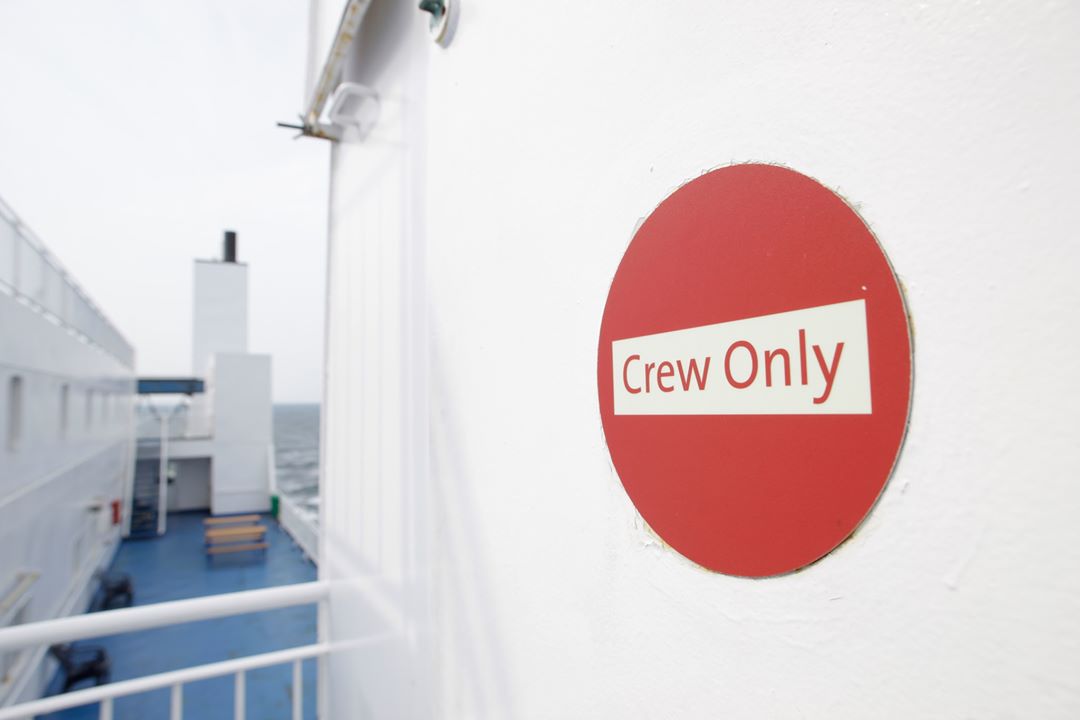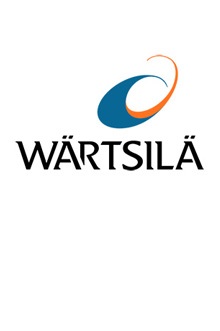
.tmb-1920x690.jpg?Culture=en&sfvrsn=ef19bd44_1)
Since innovation masterminding the maritime industry more and more, the question about the human’s role in shipping stands sharp as ever. Nevertheless, before even diving into e-learning discussion and talking about the human’s ability to override autonomous shipping, the reports state facts that need to be considered first and foremost. The value of marine insurance losses involving some form of human error is $1.6 bn, based on the analysis of almost 15,000 liability claims, according to Safety and Shipping review 2019 by AGCS.

In the Splash247.com article by Robert Raynor from IDESS Interactive Technologies, the competence assurance term is being underlined as the one being at the foundation of ship’s crew training. The article argues that it is well understood and practiced in the offshore oil and gas sector, however in the shipping industry it does not seem to be so widely practiced.
Robert Raynor defines competence training as an assessment process that measures an individual’s performance in the workplace (primarily onboard) against a set of standards.
In so doing it ensures that individuals retain skills and that they remain current with respect to changes in technology, equipment, practices, procedures, rules and regulations etc.
- Robert Raynor

Competence assurance appears to become crucial in this fast-changing environment and stringent regulations. The question that needs to be asked to make decision whether to apply competence assistance or not, is rather straight-forward: “do the seasoned crew professionals need training?” Consequently, in the maritime industry with digitalisation striving for massive implementation, the positive answer is being faced more often.
The latest project of Wärtsilä Ship Traffic Control Solution is a tangible example of this need. The deployment of simulation technology to the new facility in Portugal is an order by APDL, Port Authority which is a joint-stock company managing the ports of Douro, Leixōes and Viana do Castelo. The newly opened facility provides a realistic hands-on training for the experienced professionals. This makes it unique for the Portuguese maritime industry, in align with the uprising global demand for competence and deeper understanding trainings.
As the industry evolves, its members have to deal with the issues that haven’t been met before, but Wärtsilä Voyage solutions always ready to fill the gap.


-(1)-min.tmb-424x424.jpg?Status=Master&Culture=en&sfvrsn=e90cae44_1)
